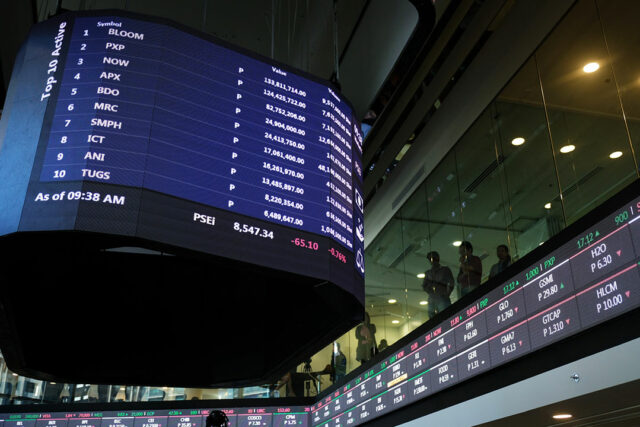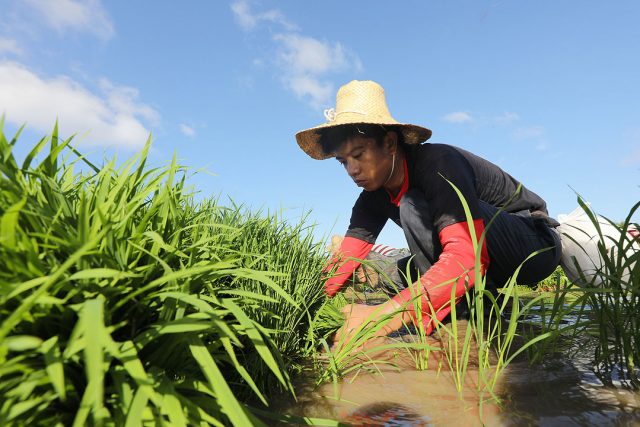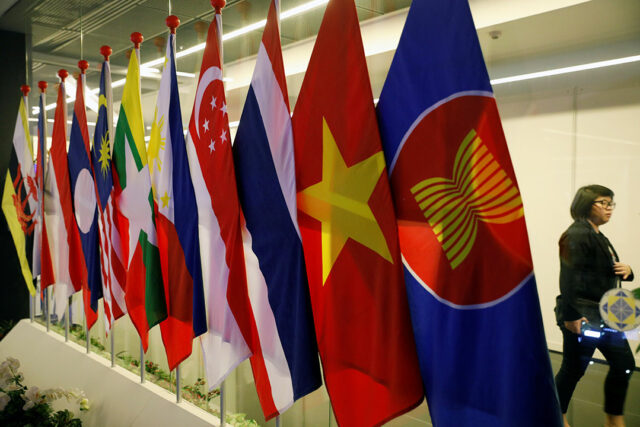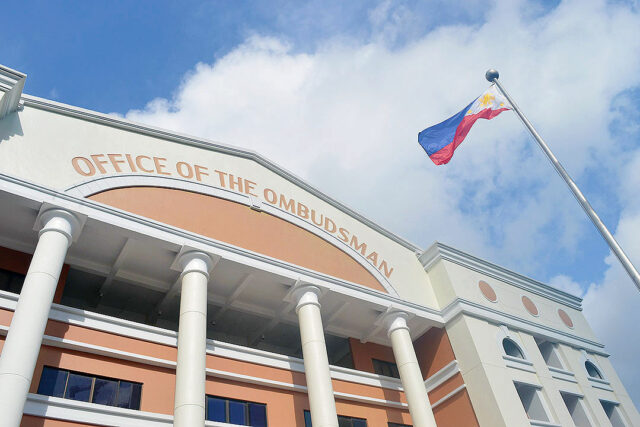US risks losing focus on Indo-Pacific amid Israel-Iran war, analysts say

By Kenneth Christiane L. Basilio, Reporter
THE US could lose its security focus on the Indo-Pacific region due to escalating war in the Middle East, with dire consequences for the Philippines’ push against Chinese expansion in the South China Sea, political analysts said at the weekend.
Beijing might take advantage of the war between Israel and Iran by stepping up its militarization of the waterway, which could strain regional stability and test Manila’s capability to protect its maritime interests, they added.
“The US is a major security partner in the Indo-Pacific region and underpins much of the region’s defense agreements,” Sherwin E. Ona, a security analyst and associate professor at De La Salle University, said in a Viber message. “So, tensions in the Middle East and their effect on the US defense posture is worrisome.”
Israel launched surprise air attacks against Iran early this month, targeting key nuclear and ballistic missile facilities as well as senior military leaders, in what it described as an effort to cripple Tehran’s ability to develop nuclear weapons.
Washington joined Israel’s military campaign against Iran on Sunday, launching airstrikes on key nuclear sites well ahead of President Donald J. Trump’s two-week timeline to decide on US involvement.
It was a “spectacular military success,” Mr. Trump said in a televised Oval Office address, explaining that US bombers had “totally and completely obliterated” Iran’s vital nuclear facilities. He opened the door for further military action if Iran does not pursue peace. “Future attacks would be far greater — and a lot easier,” he said.
“The US has identified the Indo-Pacific region as a priority theater, but Middle East tensions nevertheless could take away its focus occasionally,” Julio S. Amador III, chief executive officer at Manila-based geopolitical risk firm Amador Research Services, said in a Viber message. “But that does not mean that the South China Sea is being disregarded.”
“The US has to look at both and see whether what should be prioritized,” he added.
An aircraft carrier in the Indo-Pacific was heading to the Middle East, discarding its planned dock at Vietnam. The Philippine Navy was not concerned of the USS Nimitz’s repositioning, with navy spokesman Rear Admiral Roy Vincent T. Trinidad last week saying that the country is capable of defending itself.
The Philippines and US are bound by a 1950s Mutual Defense Treaty that compels both countries to defend each other in case of an armed attack.
“The US is not the Philippines’ security guard,” Mr. Amador said. “The alliance with the US should complement the efforts to defend our maritime domains, but not supplant it.”
An escalation in the Middle East could embolden China to step up harassment of Filipino fishermen in the South China Sea, Chester B. Cabalza, founding president at Manila-based think tank International Development and Security Cooperation, said in a Facebook Messenger chat.
Chinese vessels separately harassed Philippine ships last week at two contested areas in the South China Sea — the Spratly Islands and Scarborough Shoal — as more than 50 Chinese militia ships were spotted anchored near the disputed Iroquois Reef.
China claims nearly all of the South China Sea via a U-shaped, 1940s nine-dash line map that overlaps with the exclusive waters of the Philippines and neighbors like Vietnam and Malaysia.
“Considering that two People’s Liberation Army Navy carrier battle groups are operating near Taiwan and the constant swarming tactics in the South China Sea, [the Middle East conflict] can embolden China to be more aggressive,” Mr. Ona said.
“We cannot discount the possibility that the Middle East tensions can open malign opportunities for Beijing,” he added.
The Chinese Embassy in Manila did not immediately reply to a Viber message seeking comment.
‘UNLAWFUL ACTIONS’
The Philippines should urge regional allies such as Japan and Australia to bolster their presence in the South China Sea and expand joint naval drills with Manila to offset a possible security vacuum that could be created if US pivots more to the Middle East, Mr. Ona said.
“Diplomatic efforts must also be strengthened,” he said, citing the need to push a code of conduct in the disputed waters that aims to prevent conflict in the South China Sea.
The Philippine government should also continue its military modernization efforts to counter China’s military might in the region and continue to “expose” Beijing’s harassment at sea, Mr. Amador said.
Manila has allotted about $35 billion for military upgrades over the next decade.
Mr. Cabalza said the Philippines should maintain a neutral stance in the Israel-Iran conflict and position itself as a potential peace broker by advocating for multilateral dialogue.
Meanwhile, the National Maritime Council condemned China’s Coast Guard (CCG) for its “aggressive” actions against Philippine civilian ships near Scarborough Shoal last week.
In a statement, the agency said a CCG vessel hit a fishery bureau ship with a water cannon on June 20 while its was delivering supplies to Filipino fishermen near the shoal.
“We call on China to cease unlawful actions, act with restraint and adhere to international law to maintain regional peace and stability,” it said.
The Philippine Coast Guard on Friday said two ships of the Bureau of Fisheries and Aquatic Resources were harassed by the CCG near Scarborough Shoal, with authorities monitoring two Chinese navy vessels loitering nearby.
“These actions violate international law,” the council said, adding that their activities jeopardize the safety of fishermen in the area.
Chinese ships have repeatedly barred Filipino fishermen from accessing Scarborough Shoal, which lies within Manila’s exclusive economic zone. The atoll is a vast fishing lagoon near major shipping lanes that China seized in 2012 after a standoff with Philippine troops.
The shoal is 240 kilometers west of the main Philippine island of Luzon and is nearly 900 kilometers from Hainan, the nearest major Chinese landmass.











